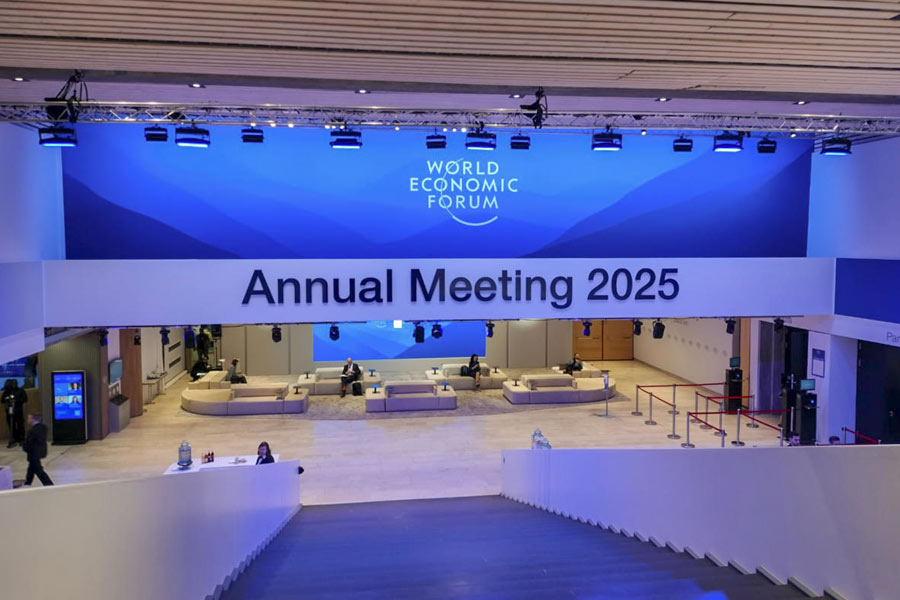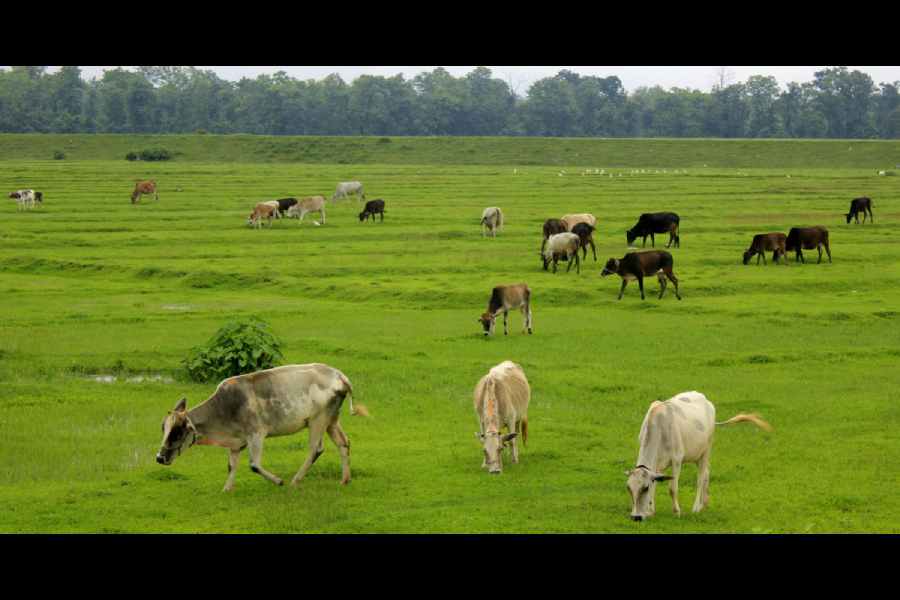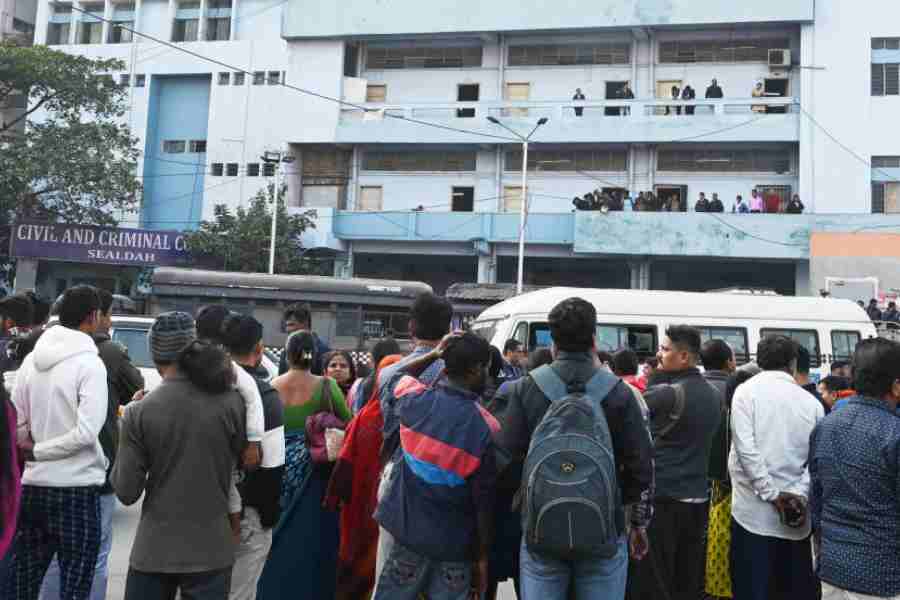The National Library Advisory Board has hailed the Union Cabinet's decision to confer classical language status to Bengali language and four others during the Durga Puja festival.
The Union Cabinet meeting chaired by Prime Minister Narendra Modi on October 3 decided to confer the status of Classical Language to Bengali, Assamese, Marathi, Pali and Prakrit languages.
National Library Director General Ajoy Pratap Singh told PTI on Sunday, that the advisory board of the library holds the cabinet decision in high regard and expresses gratitude to Prime Minister Narendra Modi for conferring classical language status specially to Bengali language.
This is more significant as the honour was conferred during the Devipaksha, which heralds the arrival of Maa Durga in her own home, he underscored.
"Durga Puja is a global festival and a great pride for Bengal and Bengalis across the globe and it is befitting that the news has come in the run up to the festival," he said.
Singh further said in a statement the National Library receives all books, periodicals and newspapers published in all the 22 Indian languages divisions including Bengali, Assamese, Gujarati, Hindi, Kannada, Kashmiri, Konkani, Malayalam, Manipuri, Marathi, Nepali, Odia, Punjabi, Sanskrit, Sindhi, Tamil, Telugu, Urdu, Bodo, Santhali, Maithili and Dogri under the Delivery of Books and Periodicals (Public Libraries) Act, 1954.
He said a division housing publications of all these languages including Bengali will be inaugurated after one and half months "with over 90 per cent work done already.
In a statement, the Centre had said the inclusion of Marathi, Pali, Prakrit, Assamese and Bengali in the classical language category will create significant employment opportunities, particularly in academic and research fields.
Additionally, the preservation, documentation and digitisation of ancient texts of these languages will generate jobs in archiving, translation, publishing and digital media, the government said.
On October 12, 2004, the Government of India had decided to create a new category of languages as "classical languages", declared Tamil a classical language and set criteria for according the status.
Except for the headline, this story has not been edited by The Telegraph Online staff and has been published from a syndicated feed.











